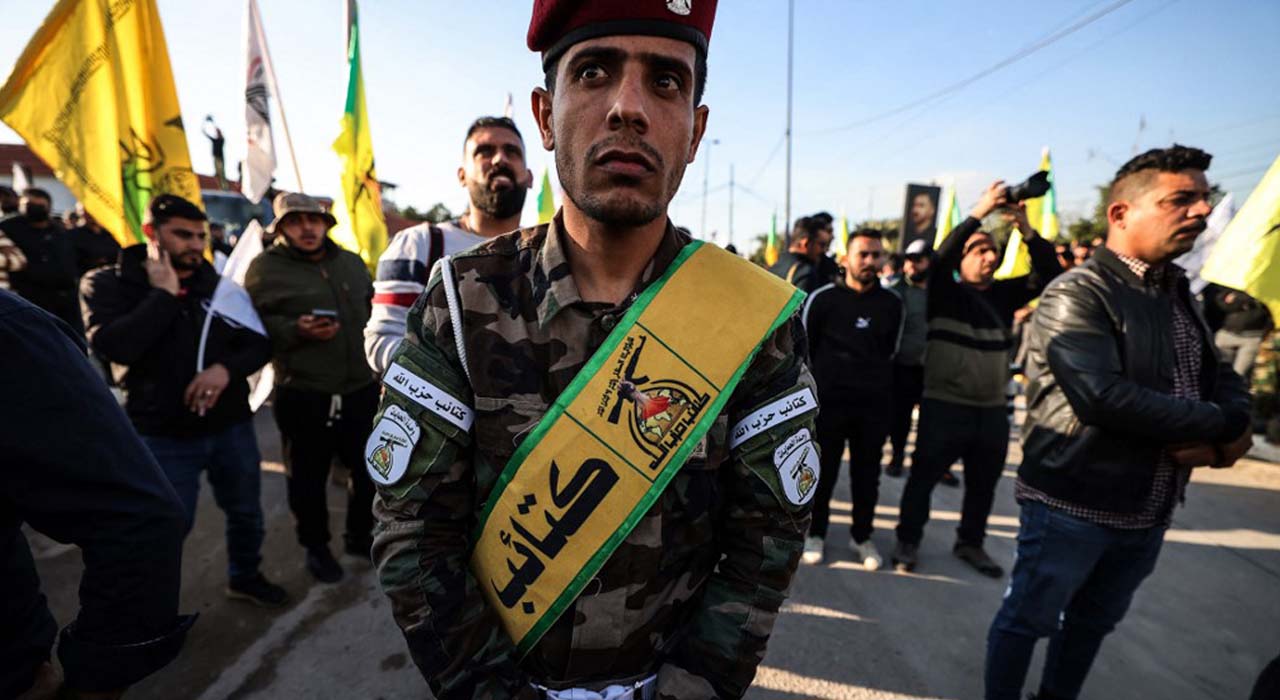The Effect of Iranian Proxies on the Future of Iraq?

Iran has been known to support and influence various proxy groups in Iraq, mainly through its connections with Shiite militias. These militias have played a role in Iraq's political and security landscape, and their actions have had implications for the country's stability. However, it is essential to note that the situation is dynamic, and events may have evolved since then.
Iran's involvement in Iraq has been a complex and multifaceted issue. On the one hand, Iranian support has been seen as contributing to the fight against ISIS and stabilizing certain regions. On the other hand, the influence of Iranian-backed militias has raised concerns about sectarian tensions and interference in Iraq's internal affairs.
The extent to which the actions of these proxies are directed from Iran varies. While some groups have close ties to Iran and may take direction from Iranian authorities, others operate more independently but still receive support in the form of training, funding, and weaponry. Iran's influence in Iraq has been a source of contention both domestically and internationally.
The influence of Iranian proxies in Iraq has had significant and varied effects on the country's political, security, and social landscape.
Some crucial impacts include:
Political Influence
Iranian-backed Shiite militias have played a role in Iraq's political scene, with some militias having ties to political parties. This influence has affected the political dynamics and power structures within the country.
The presence of Iranian proxies has contributed to sectarian tensions, particularly between Shiite, Kurd, and Sunni communities.
Security Dynamics
Iranian-supported militias have been involved in the fight against ISIS, contributing to the stabilization of specific regions. However, their actions have sometimes raised concerns about human rights violations and heavy-handed tactics.
The presence of multiple armed groups with diverse loyalties has made it challenging to establish a unified and effective security apparatus.
Sectarian Tensions
Iranian influence has been a factor in aggravating sectarian tensions, with some Shiite militias being perceived as representing Iran's interests rather than those of the Iraqi state.
These sectarian tensions have, at times, led to violence and displacement of minority communities, contributing to a complex and fragile security environment.
Impact on Governance
The involvement of Iranian proxies in Iraq has, at times, undermined the authority of the faderal government, as these groups may prioritize their interests or those aligned with Iran.
There have been instances of militias challenging state institutions and contributing to governance challenges.
Regional Relations
The activities of Iranian proxies in Iraq have affected regional relations, with neighboring countries expressing concerns about Iran's influence and its potential impact on regional stability.
It is important to note that the situation is dynamic, and the influence of Iranian proxies in Iraq is subject to change. Moreover, the effects can vary across different regions within Iraq.
If Iranian proxies continue attacks on American forces in Iraq, it could have several significant effects on the future of Iraq, regional stability, and international relations.
Some potential consequences include:
Escalation of Tensions
Attacks on American forces by Iranian proxies could lead to a significant escalation of tensions between the United States and Iran. This escalation might extend beyond Iraq and impact the broader regional security environment.
Impact on Iraqi Security
Such attacks could further destabilize Iraq, exacerbating existing security challenges. The presence of foreign forces, including American troops, has been a contentious issue in Iraqi politics, and attacks on these forces may contribute to internal conflicts.
Political Instability
Increased violence involving Iranian proxies and American forces could contribute to political instability in Iraq. The Iraqi government may face difficulties maintaining control and addressing the concerns of various factions.
Humanitarian Consequences
Escalating violence could lead to humanitarian crises, including displacement of civilians and increased suffering among the population. The impact on civilians is likely to be severe if conflict intensifies.
Regional Implications
The situation may have broader regional implications, affecting the geopolitics of the Middle East. Increased tensions between the U.S. and Iran could draw in other regional actors and contribute to a more volatile and unpredictable environment.
Diplomatic Challenges
The situation could pose challenges for diplomatic efforts to address regional conflicts. Escalation might make it more difficult for international actors to find peaceful and diplomatic solutions to ongoing disputes.
Economic Impact
Persistent instability and conflict could adversely affect Iraq's economy, deterring foreign investment and hindering economic development. This deterioration, in turn, could have long-term consequences for the well-being of the Iraqi population. It could lead to international sanctions led by America, including the sale of oil and the seizure of Iraqi funds in American and European countries.
Potential for Wider Conflict
The escalation of tensions between the U.S. and Iran in Iraq could increase the risk of a broader regional conflict. Other countries in the region may become involved, leading to a more complex and dangerous situation.
Reassessment of Foreign Military Presence
The escalation could lead to a reassessment of the presence of foreign military forces in Iraq. Under pressure from various factions and public opinion, the Iraqi government may reconsider the terms and conditions of hosting foreign troops.
Impact on Counterterrorism Efforts
Cooperation between the U.S. and Iraq in counterterrorism efforts may be affected. A strained relationship could hinder joint efforts to combat extremist groups operating in Iraq and the region.
It is important to note that these are potential consequences. The actual outcomes would depend on various factors, including the nature of the attacks, the responses of involved parties, and the broader geopolitical context at the time of the events. Diplomacy and conflict resolution efforts would be crucial in mitigating the impact and finding a peaceful resolution to any escalation.
The Iraqi federal government must take all the percussion to prevent Iraq from becoming a battlefield for these forces. Iraqi interests must come first over all the regional and International interests.
Disclaimer: The views and opinions expressed in this article are those of the author and do not explicitly and/or necessarily reflect the views and opinions of Kurdistan 24.
